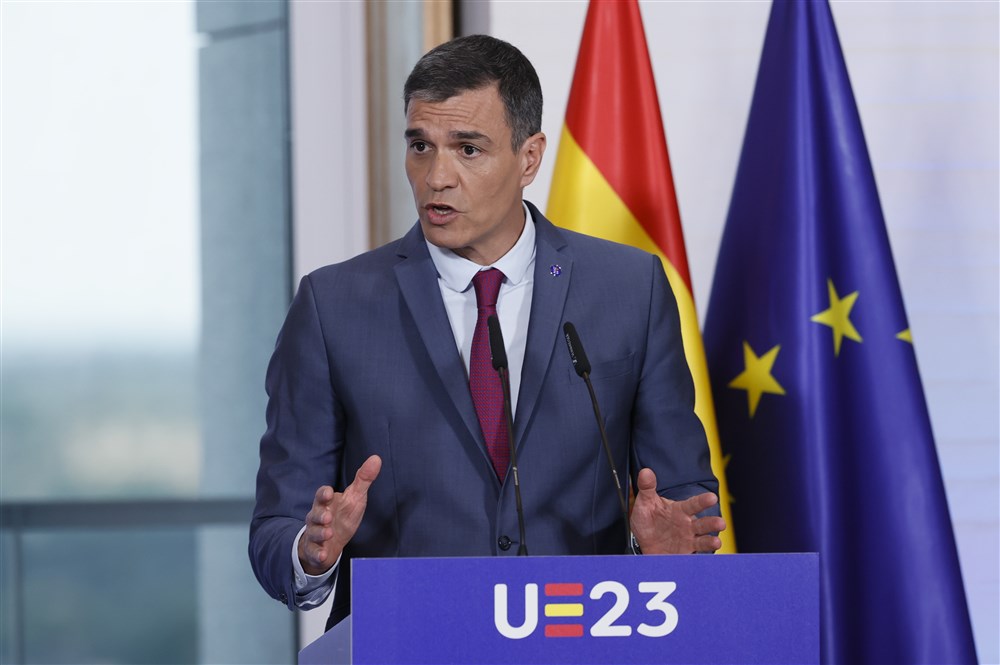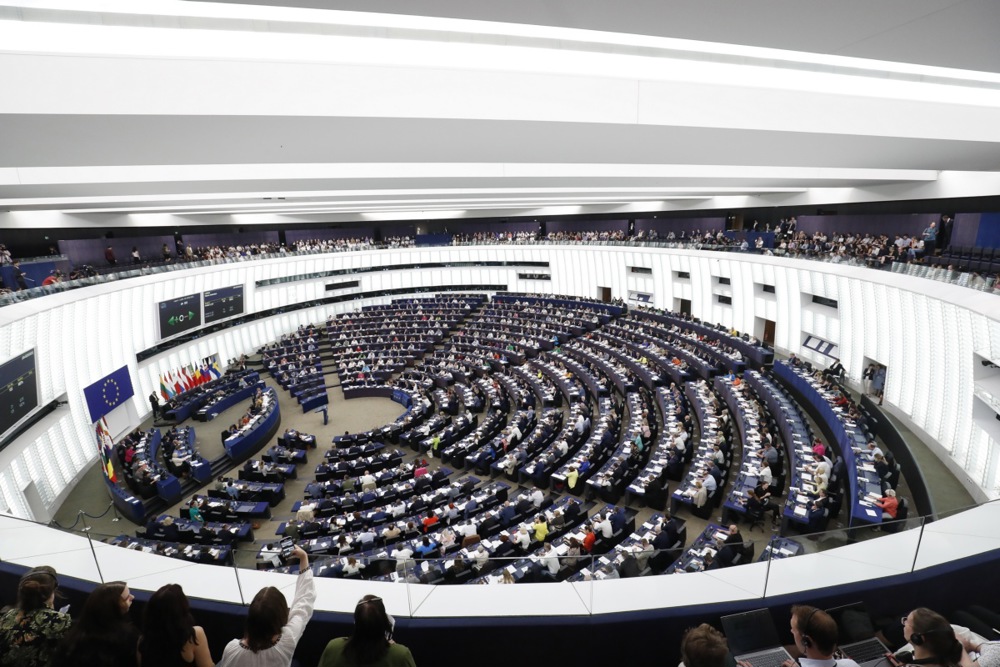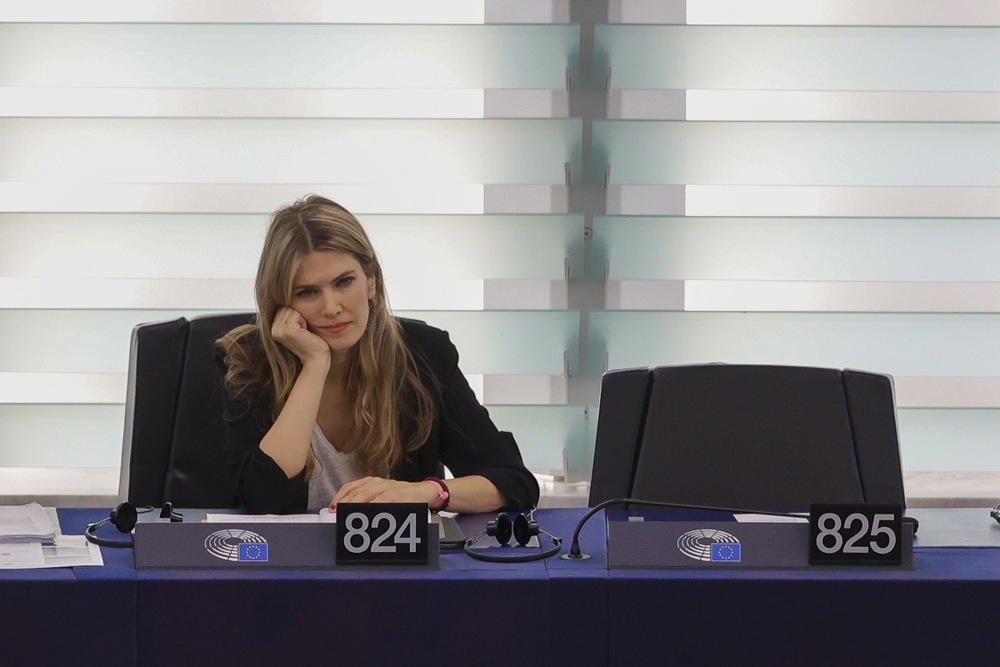Without fanfare, Belgium has taken the helm of the Presidency of the Council of Ministers for what looks to be a challenging term.
The nation officially took over the rotating position on New Year’s Day with very little of the ceremony or celebration shown by its predecessor Spain.
Belgium faces a heavy workload since it will be responsible for directing the operations of the Council of Ministers, which co-legislates alongside the European Parliament and European Commission.
The transition was marked by short video posted by Belgian Foreign Minister Hadja Lahbib, assuring viewers that “Belgium is ready” for the task.
Bonne année 2024 à toutes et à tous!
La présidence belge de l'UE commence aujourd'hui … et tout est prêt pour qu’elle soit réussie!
??#EU2024BE pic.twitter.com/53wurfzxRF
— Hadja Lahbib (@hadjalahbib) January 1, 2024
There are reported to be up to 150 unfinished pieces of EU legislation that need to be concluded before the European elections in just six months.
Yet, with the last meeting of the Parliament scheduled for April, these files will have to be closed before then as it will not be possible to pass, or otherwise address, the laws once it is in recess.
This leaves Belgium with only four months to do that job rather than the usual six.
Whatever is left undone will have to wait until a new EC is formed by the Parliament. Back in 2019 it took until the December for that to happen.
Belgium also faces national elections in June and many anticipate the usual months of stalemate and gridlock regarding government formation. The country currently holds the record for the longest time with no official government at 541 days.
Although the traditional Council timeframe may be truncated, Belgian Prime Minister Alexander De Croo emphasised that the primary focus is getting all EU matters in place for the future.
Under the banner of “protect, strengthen, anticipate”, De Croo, at a mid-December conference for his country’s term, outlined that as the Belgian Council presidency’s core objective.
“The second element is to strengthen our economy,” asserted De Croo, particularly by fostering prosperity, job creation and financing social solidarity.
In the realm of the EU’s Green Deal, the Belgian presidency is poised to broker an agreement on carbon emissions from trucks and buses. Additionally, it shoulders the responsibility of forging an inter-institutional compromise on packaging, targeting the reduction, reuse and recycling of these products.
The presidency will spearhead initial discussions on the bloc’s environmental targets for 2040.
Another critical task on Belgium’s agenda is steering negotiations on the revision of the EU’s multi-annual financial framework, commonly known as its “long-term budget”.
With EU leaders deferring a decision on a budgetary increase requested by the EC, an extraordinary summit on February 1 awaits, demanding a Belgian-negotiated compromise.
During its six-month tenure, Belgium will also grapple with the intricacies of EU reform and potential enlargement.
As the EU commemorates the 20th anniversary of its eastward enlargement, there is a renewed push to bring in new members, such as Ukraine, Moldova and Georgia, as well as countries in the Western Balkans.
It is a tough-looking time ahead for Belgium as President of the Council of Ministers.





